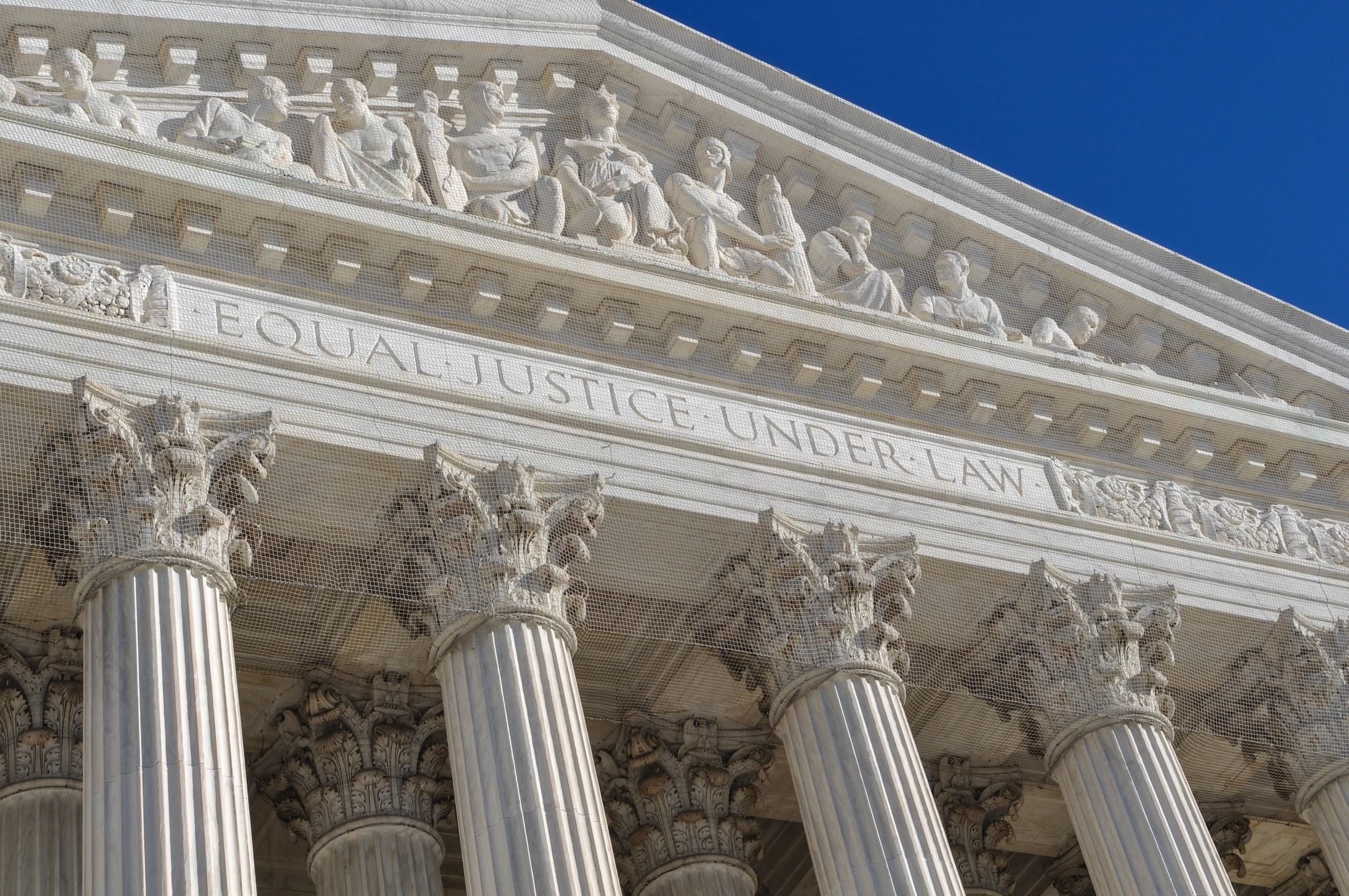Trudeau Unveils $3.9B High-Speed Rail Project Linking Quebec City and Toronto
Prime Minister Justin Trudeau announced Wednesday a $3.9 billion, six-year plan to connect Quebec City and Toronto with a high-speed rail line.
Speaking in Montréal, Trudeau introduced the project, named Alto, calling it “the largest infrastructure project in Canadian history.” He emphasized its potential to revolutionize transportation with a reliable, efficient, all-electric high-speed rail network.
The 1,000-kilometre rail line will feature trains reaching speeds of up to 300 km/h, stopping in Toronto, Peterborough, Ottawa, Montréal, Laval, Trois-Rivières, and Quebec City. Once completed, the route will allow passengers to travel from Montréal to Toronto in just three hours, compared to the current five-and-a-half-hour car journey.
A government statement highlighted the project’s economic impact, estimating a $35 billion annual GDP boost and the creation of over 51,000 jobs during construction.
Trudeau described Alto as a nationwide effort, with expertise drawn from across Canada. The consortium Cadence—comprising CDPQ Infra, SNC-Lavalin, Systra Canada, and Keolis Canada—has been selected to lead the project, with their bid confirmed only 24 hours before the announcement.
The federal government opted for a high-speed rail model over a slower high-frequency train, prioritizing efficiency and travel time reductions.
Uncertain Future
While design work is expected to take four to five years, construction will not begin until after this phase is complete. The $3.9 billion investment covers only the initial co-development phase, with additional funding decisions to be made later. Given these timelines, a future government could alter or cancel the project.
Early cost estimates from Transport Canada suggest that a full high-speed rail network between Quebec City and Toronto could reach $80 billion.
The federal budget has already allocated $371.8 million toward the initiative, with further investments planned in the coming years.
Next Steps
As planning moves forward, Canadians will be watching closely to see how this ambitious infrastructure project unfolds and whether it will deliver on its promise of faster, greener, and more efficient intercity travel.


